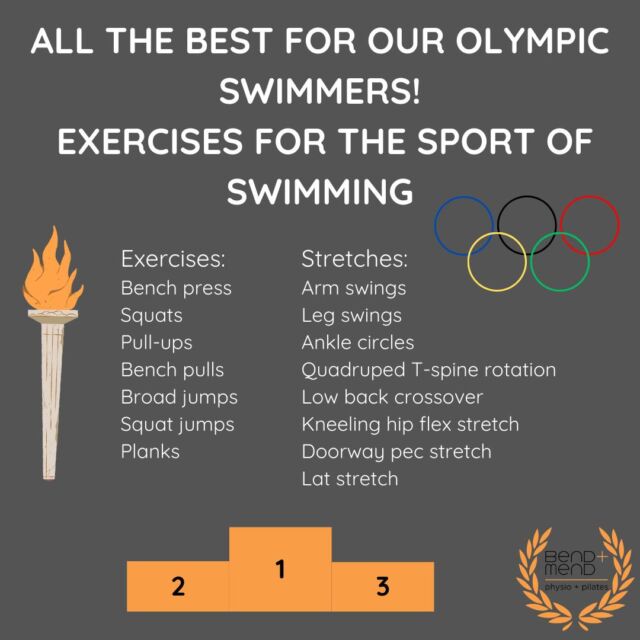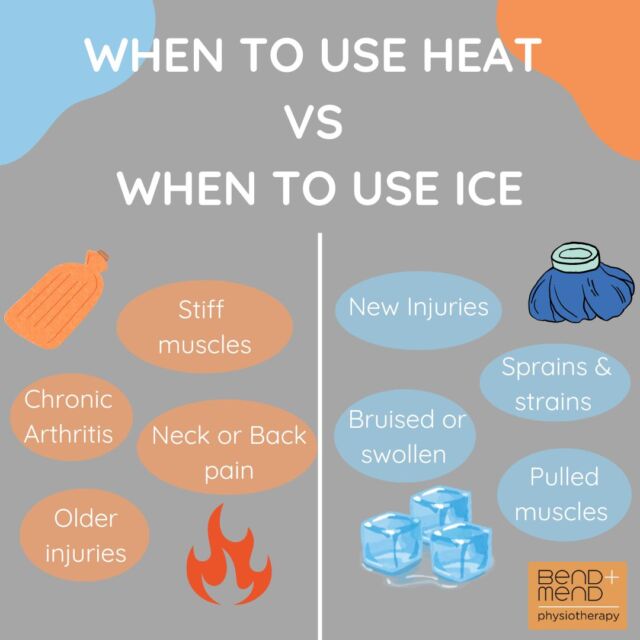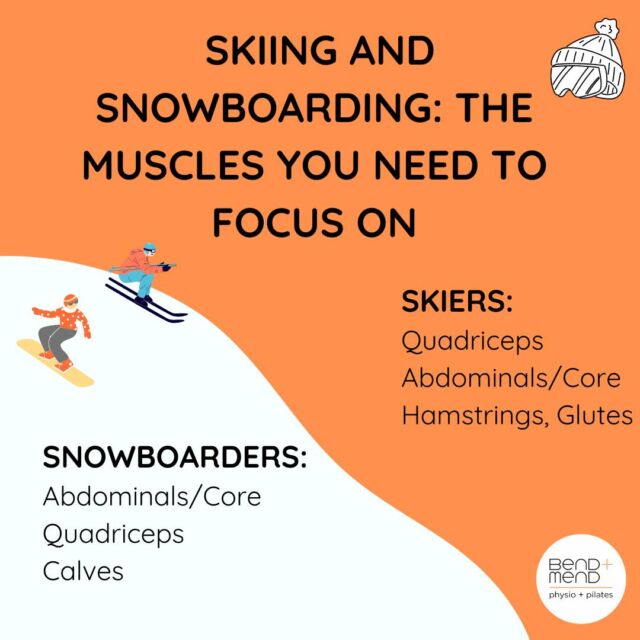Whether you are just starting with running or are an experienced runner, having good information when you run is imperative to both performance and to injury management. In this blog I will run you through why it is important and what to look out for.
Why track your runs
The majority of running injuries come from overuse, meaning pushing your body beyond what is capable of for a prolonged period of time. So very simply, as physiotherapists, we need to know what much for you and your body is too. This can of course improve over time but particularly at the beginning of your training period/running journey. Another reason is to track your improvements. It is one thing to feel yourself improve with runs, but it is very satisfying to back it up with statistics. Being able to see yourself improving is awesome!
What do I look for?
Whether you are tracking your runs on a phone or a fancy running watch, there are a few things that you should look out for.
- The basic stats (Pace, time, distance)
These are the core principles of your run, measuring your simple statistics. One important thing to note is when you are progressing your running, only increase one of these at a time. For example, if you want to run a further distance, only do it at the same speed you previously ran at.
- Cadence
Only some devices will be able to measure this, but cadence is the number of steps you are taking per minute. When it comes to knee and hip pain, this is a very important measure to help to decrease your pain.
- Heart rate
Again, only some device will be able to track this metric, but measuring your heart run through a run can be helpful in measuring your overall effort. Typically done with more advance and long-distance runners, putting your heart rates into zones can be a more effective way of measuring your effort rather than pace/time.
The long and short of it, although not a make-or-break element of running, having a clear idea of your own personal statistics can be helpful in being able to ward of injury and improve your performance. If you would like a Running Assessment we can help. Book in at Bend + Mend and have your running style, technique and any associated injury assessed and treated.







